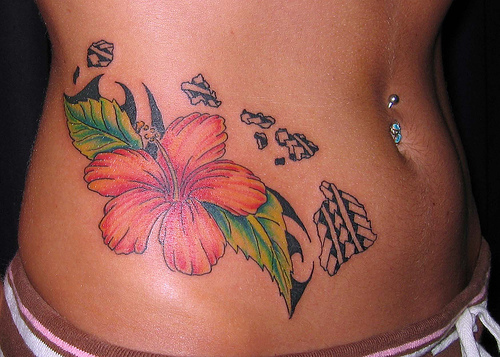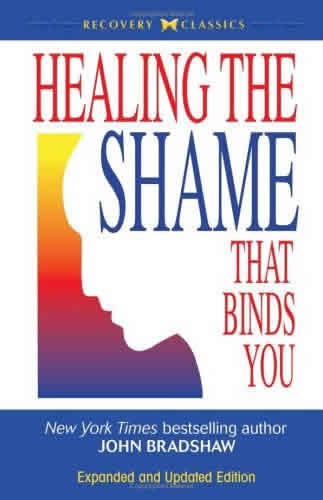What do you think of ….
Men who have a Mohawk and even, wear make-up?
What thoughts are triggered?
Cool? Disgusting? Men shouldn’t wear make-up? Stupid? Or even, fantastic, but rather a high maintenance style to keep up.
For older readers, how would you feel about your daughter dating a man with this type of fashion style?
OR
What do you think about women with tattoos or piercings?
Age will undoubtedly affect your opinion. If you’re part of the older generation you might believe that tattoos are only for sailors – definitely not for women, or ‘cultured’ people.
OR
What about someone who wears funny shoes like these in public?
Are you sure your opinion, judgement or stereotypical thoughts are absolutely right??
‘One of the major blocks to creativity is the feeling of knowing you are right. When we think we are absolutely right we stop seeking new information. To be right is to be certain, and to be certain stops us from being curious. Curiosity and wonder are at the heart of all learning’ (Bradshaw 1988:8).
Many people believe they’re absolutely right in their opinions about how others should live their lives as well. And if a person thinks they are absolutely right they are not going to show much tolerance towards anyone who goes against the norm.
How this sense of shame at being truly individual develops.
Part of being human is to be able to identify with other humans, usually our parents. This gives us a sense of security and protection. However if a child constantly gets the message that there is something wrong with their uniqueness they will develop a sense of worthlessness, a sense of failing and falling short as a human being.
A lack of self-trust develops and the child learns to guard their thoughts and feelings so others don’t see that they are worthless. The role models opinions then get internalized as being correct, as the child mirrors their behavior and opinions. Not to do so, in the child’s mind, would risk possible abandonment, which is not an option for a child.
Parents who are shut down emotionally, having had their own emotions shamed, cannot mirror and affirm their child’s emotions. It is hugely beneficial for good psychological development for a child to have parents or caregivers mirror their emotions. This really involves giving a name to how the child feels and showing acceptance of those feelings as being valid. This leads to self-acceptance and acceptance of others even if they are different.
For example, when a child is angry, it is better for the parent to mirror the emotion by saying something like, ‘I can see that you’re really angry at what happened, please tell me more of what is going on’. Of course a parent who is emotionally shut down would probably just shout at the child for being angry and behaving badly, being unable to mirror the child’s emotions.
Unfortunately parents so often tell their children that it’s ‘bad’ to feel particular feelings, (eg. anger), telling them that they ‘don’t really feel that way’. Shaming a child’s emotions results in the child being unable to trust their emotions and leads to shame.
Psychological Health
A good definition of psychological health is when you are able to accept yourself and others exactly as you are, with your strengths and weakness.
Now that’s a tall order for many of us!
If you want to be psychologically healthy bear this definition in mind. When you are faced with a behavior that you cannot accept ask yourself:
- ‘Why is it difficult for me to accept the ‘different-ness’ of the other person?’
- ‘Does it reflect something about me that stirs up shame in me?’ It is difficult seeing other people displaying behavior that you internalized as being shameful and unacceptable.
I am obviously not talking about hurtful, criminal behavior which is obviously unacceptable but rather the various types of behavior that we see everyday.
What are your personal stereotypes? Do these beliefs need re-examining to see if you really do have the absolute truth about what is acceptable or not?
Do Mohawks, tattoos, funny shoes etc really cause harm to society?? I think not!
I can highly recommend the book I quoted.
John Bradshaw, ‘Healing the shame that binds you’, available through Amazon.





Veronica Watkins says
In humans, “like attracts like” …if we have to be strictly honest about our feelings we don’t actually want to accept those who are radically different from us, but merely put on an act or show of acceptance for the sake of befriending others when socializing.